
Fa.tty Liver: Causes, Symptoms, Treatment & Evidence-Based Prevention Strategies
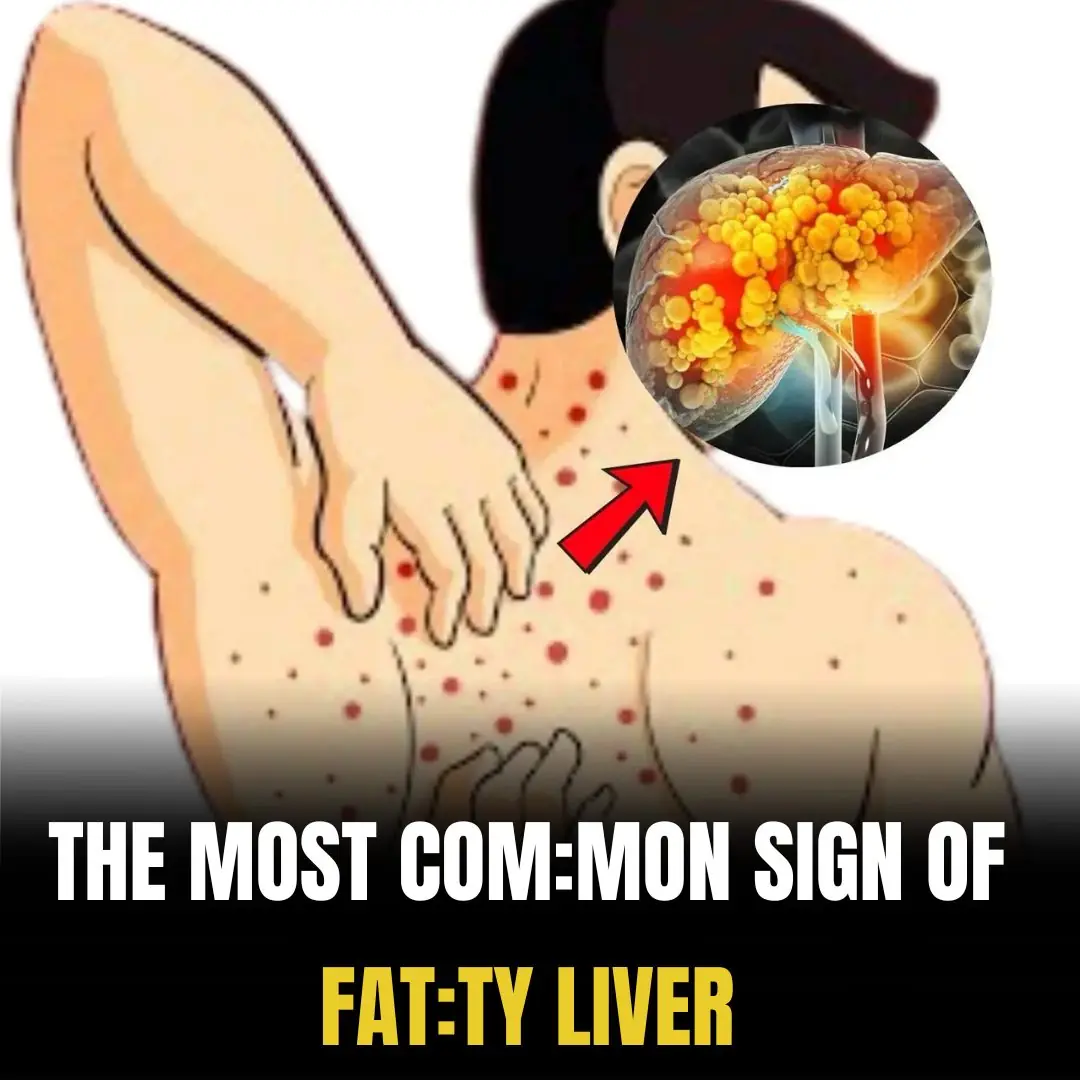
Fatty liver disease has become one of the fastest-growing health concerns worldwide. Often silent in its early stages, it occurs when excess fat builds up in liver cells - gradually affecting metabolism, detoxification, and overall health. Because the liver plays a central role in digestion, hormone balance, and to.xin removal, even small changes in its function can create significant long-term consequences.
While fatty liver can be serious if left untreated, the condition is highly manageable and, in many cases, fully reversible when identified early. Understanding the causes, symptoms, treatment options, and prevention strategies is the key to protecting liver health.
1. What Is Fatty Liver Disease?
Fatty liver disease (steatosis) happens when more than 5–10% of the liver’s weight is composed of fat. There are two main types:
1. Non-Alcoholic Fatty Liver Disease (NAFLD)
This is the most common type and is not caused by alcohol. It ranges from simple fat accumulation to a more serious stage called NASH (Non-Alcoholic Steatohepatitis), where inflammation and liver cell damage occur.
2. Alcohol-Related Fatty Liver Disease (AFLD)
This occurs when excessive alcohol intake causes fat to accumulate in the liver. It can progress to alcoholic hepatitis and cirrhosis if not addressed.
2. What Causes Fatty Liver?
Fatty liver develops due to a combination of metabolic, lifestyle, and environmental factors. The most common causes include:
▪ Overeating and High-Calorie Diets
Excess calories — especially from sugar, refined carbohydrates, and unhealthy fats — accumulate in the liver.
▪ Insulin Resistance & Diabetes
When the body does not respond well to insulin, the liver begins storing fat more easily.
▪ Obesity
Particularly abdominal obesity, which increases liver fat production.
▪ High Triglycerides & High Cholesterol
▪ Excessive Alcohol Use
Even moderate drinking over time can contribute to liver fat buildup.
▪ Rapid Weight Loss or Malnutrition
Sudden metabolic changes can overwhelm the liver.
▪ Certain Medications
Steroids, tamoxifen, methotrexate, and some antivirals may contribute to fatty liver.
▪ Genetics & Family History
▪ Sedentary Lifestyle
Lack of movement decreases fat metabolism and increases fat storage.
3. Symptoms of Fatty Liver
Fatty liver is often called a “silent” condition because many people have no symptoms — especially in the early stages. When symptoms do appear, they may include:
Early-Stage Symptoms
-
Fatigue or low energy
-
Mild discomfort in the upper right abdomen
-
Unexplained tiredness after meals
-
Slight bloating
Progressive or Advanced Symptoms
-
Persistent upper-right abdominal pain
-
Nausea or decreased appetite
-
Jaundice (yellowing of skin or eyes)
-
Dark urine or pale stools
-
Swelling in legs or abdomen
-
Easily bruising
-
Mental confusion (in severe cases)
Because symptoms can be vague, routine check-ups and liver function tests are extremely important for early detection.
4. How Is Fatty Liver Diagnosed?
Doctors may use several tools to diagnose fatty liver:
▪ Blood Tests (LFT – Liver Function Tests)
Elevated ALT, AST, or GGT can indicate liver stress.
▪ Imaging Tests
-
Ultrasound
-
CT scan
-
MRI
-
FibroScan (to assess liver stiffness and fat content)
▪ Liver Biopsy
Used in more serious cases to assess inflammation and scarring.

5. Treatment for Fatty Liver Disease
While there is no single “magic pill”, fatty liver is one of the most treatable metabolic conditions - especially when addressed early.
Here are evidence-based treatments:
5.1 Lifestyle Changes (First-Line Treatment)
▪ Weight Loss
Losing 7–10% of body weight has been shown to significantly reduce liver fat and inflammation.
▪ Dietary Improvements
A balanced diet is the cornerstone of treatment. Best diets for fatty liver include:
-
Mediterranean diet
-
Whole-food diet
-
Low-glycemic meals
-
High-fiber, low-sugar, low-trans-fat diet
Foods That Help Reduce Liver Fat:
-
Leafy greens (spinach, kale)
-
Fatty fish (salmon, sardines — if tolerated)
-
Olive oil
-
Avocado (healthy fats)
-
Oats and whole grains
-
Walnuts and almonds
-
Green tea
-
Berries
-
Garlic
Foods to Avoid:
-
Sugary beverages
-
Processed foods
-
Fried foods
-
White bread, pasta, pastries
-
Red or processed meat
-
Excessive alcohol
5.2 Exercise
Physical activity improves insulin sensitivity and increases liver metabolism.
Recommended Routine:
-
150 minutes of moderate exercise per week (brisk walking, cycling)
-
Strength training 2–3 times per week
-
High-intensity interval training (HIIT) for fat reduction
Even 10 minutes daily makes a difference.
5.3 Medication (When Necessary)
There is no specific universal drug, but doctors may prescribe treatment for underlying conditions:
-
Diabetes medication (Metformin, GLP-1 agonists)
-
Vitamin E (in some NASH cases)
-
Cholesterol-lowering drugs
-
Anti-obesity medication (under guidance)
Never self-medicate; treatment must be personalized.
5.4 Alcohol Management
For alcohol-related fatty liver, complete alcohol cessation is the most important step.
Even small amounts can worsen inflammation.
5.5 Managing Related Conditions
-
Control blood sugar
-
Treat high cholesterol
-
Manage thyroid issues
-
Monitor blood pressure
Fatty liver often occurs alongside metabolic syndrome, so treating the whole system is crucial.

6. Evidence-Based Home Remedies for Liver Support
These are supportive options - not replacements for medical treatment - but they can aid recovery.
▪ 1. Lemon Water
Helps hydration, digestion, and provides antioxidants.
▪ 2. Green Tea or Matcha
Rich in catechins that reduce fat accumulation.
▪ 3. Turmeric (Curcumin)
Has anti-inflammatory effects that support liver function.
▪ 4. Garlic
Improves fat metabolism and reduces liver fat.
▪ 5. Milk Thistle
Contains silymarin, known for protecting liver cells.
▪ 6. Apple Cider Vinegar (ACV)
May help improve metabolism and digestion when used moderately.
▪ 7. Ginger Tea
Supports digestion and reduces inflammation.
▪ 8. Coffee (Moderate Amounts)
Linked to lower liver inflammation and fibrosis risk.
7. Long-Term Prevention Strategies
Even if your liver is healthy now, these habits significantly reduce your risk of fatty liver in the future.
7.1 Maintain a Healthy Weight
Avoid rapid weight gain and focus on slow, sustainable habits.
7.2 Keep Blood Sugar in a Healthy Range
Monitoring glucose and minimizing sugary foods helps prevent fat buildup.
7.3 Eat a Balanced Diet Rich in Whole Foods
Focus on:
-
Fresh vegetables
-
Whole grains
-
Lean protein
-
Healthy fats
-
Low sugar intake
7.4 Stay Physically Active Daily
Movement is one of the strongest protective factors.
7.5 Limit Alcohol Intake
Even social drinking can add up over time.
7.6 Protect Yourself From Toxins
Avoid unnecessary exposure to chemicals, solvents, and pollutants.
7.7 Regular Health Check-Ups
Liver enzyme tests, cholesterol screening, and abdominal ultrasounds help detect early issues.
7.8 Manage Stress & Sleep
Chronic stress raises cortisol, which is linked to autoimmune and metabolic issues.
Aim for:
-
7–8 hours of sleep
-
Mindful breathing
-
Walking
-
Relaxation routines
8. When to See a Doctor
Seek medical evaluation if you experience:
-
Persistent fatigue
-
Unexplained abdominal discomfort
-
Rapid weight gain
-
Chronic nausea
-
Yellowing skin or eyes
-
Dark urine
-
Swelling in legs or abdomen
Early evaluation prevents complications like fibrosis, cirrhosis, or liver failure.
Conclusion
Fatty liver disease is increasingly common, but the good news is that it is highly reversible when addressed early through lifestyle changes, medical guidance, and healthy habits. Understanding the causes, recognizing the symptoms, and making proactive decisions allow you to protect your liver and overall well-being.
Your liver works nonstop for you - detoxing, filtering, balancing hormones, and supporting digestion. Giving it the care it needs today can prevent serious health problems tomorrow.
News in the same category

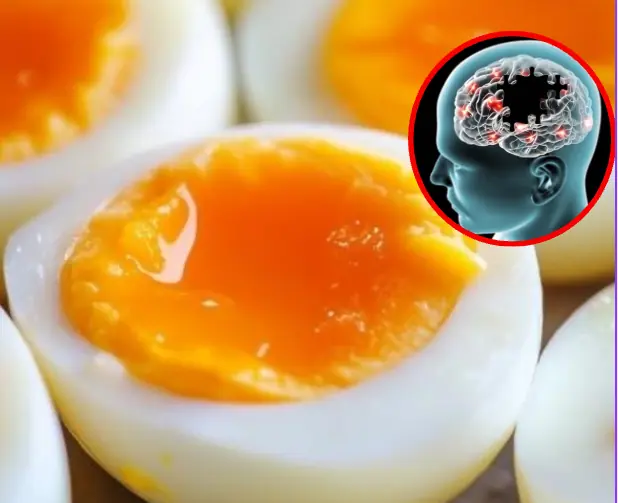
One Egg a Week, 47% Lower Alzheimer’s Risk

If you drool while sleeping, it is a sign that your brain…

The surprising truth about eating eggs every day

Japan Just Hit 100,000 Citizens Over 100-Years-Old — Their Longevity Secret Isn’t What You’d Think
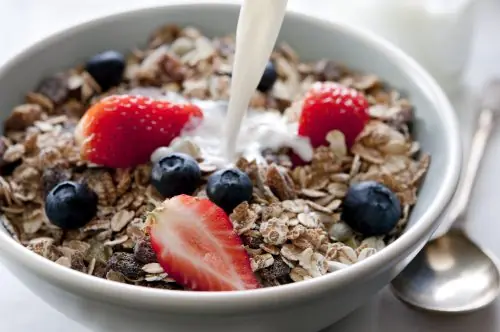
These 5 Foods Are Diabetes Enemies — Sadly, Many People Are Unaware

New research on so.lid tu.mor kil.ling method, successful in mice, awaiting clinical trials
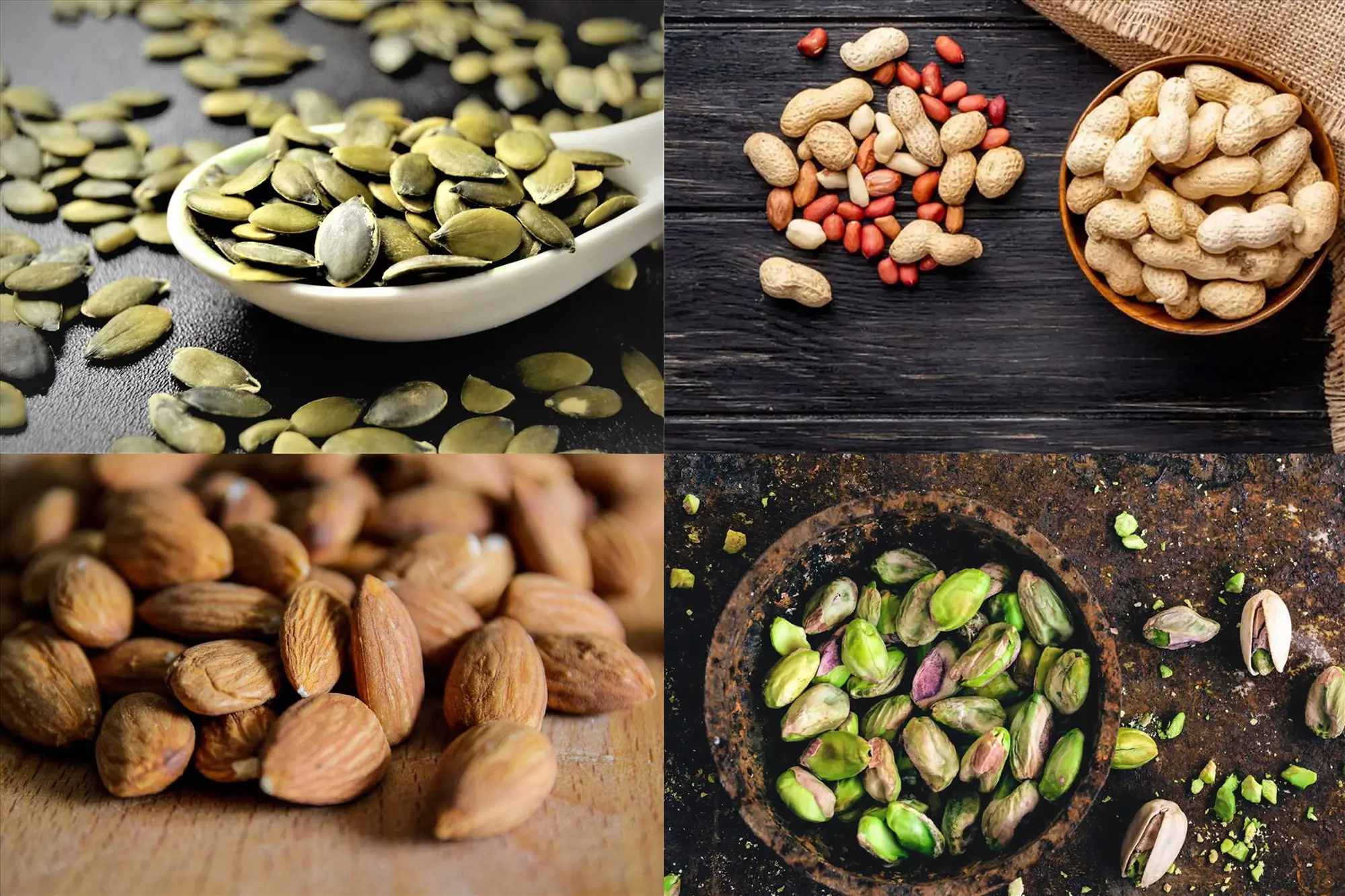
The Power of Walnuts: A Superfood for Kid.ney Health and Brain Function
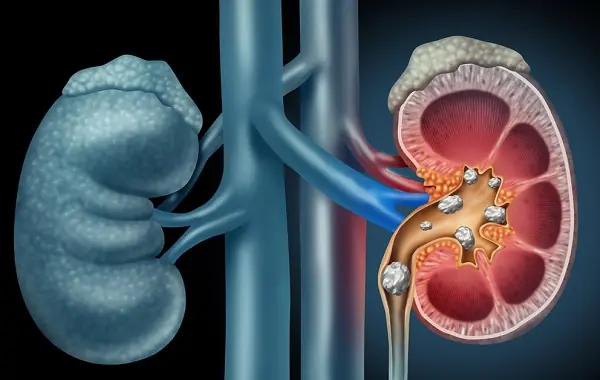
Keep Your Kid.neys Healthy with These Simple, Natural Choices

Experts Say These Four Foods Could Be Part of the Reason. Smart People Have Already Given Them Up
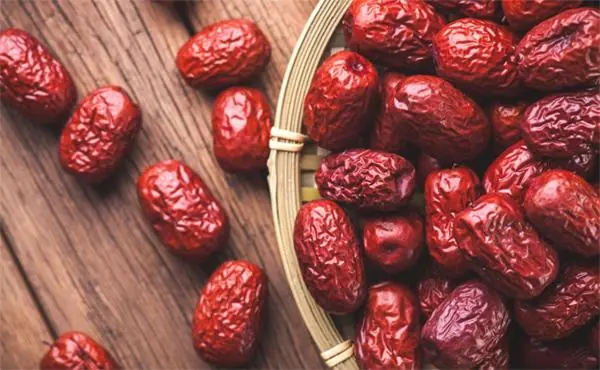
3 Danger.ous Ways Eating Red Dates Could Ha.rm Your Health

5 Natural Drinks to Keep Your Li.ver Healthy and Detoxified
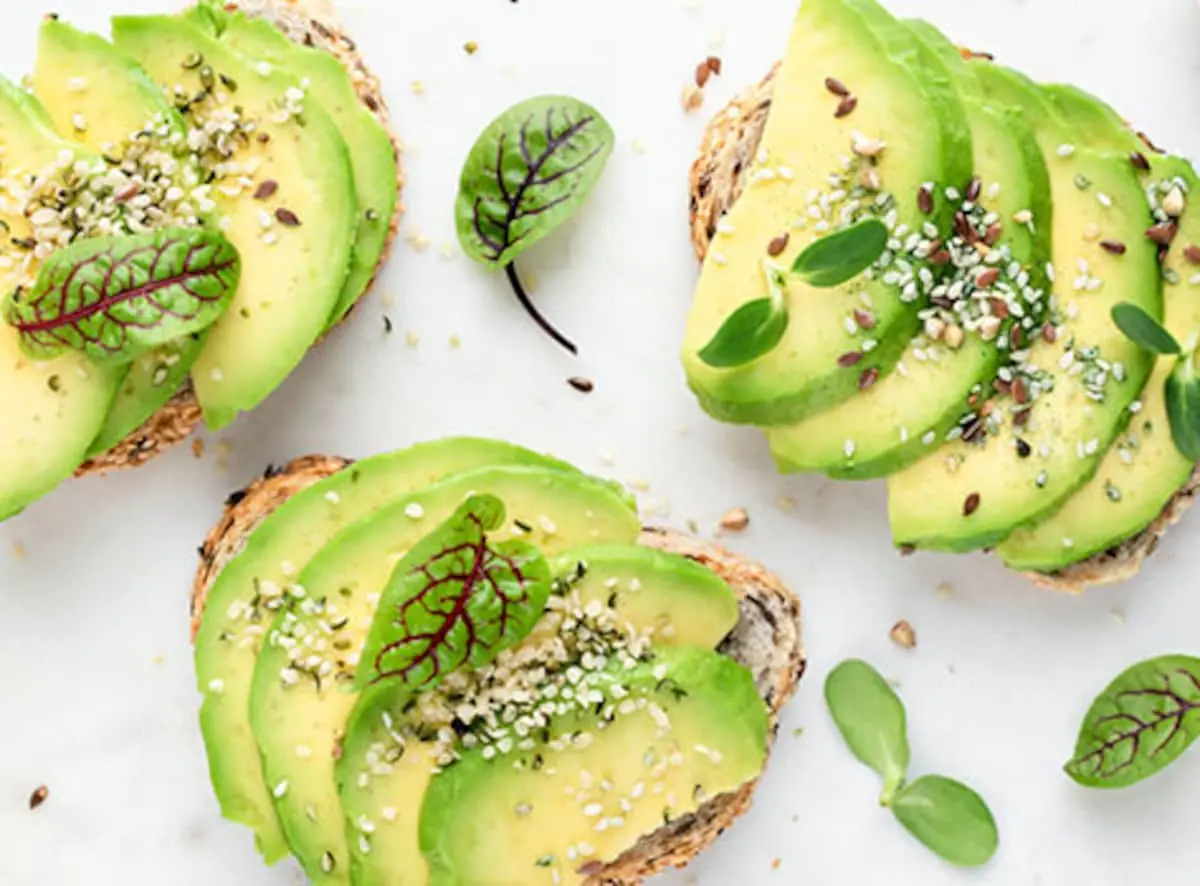
This ‘Super Fruit’ Could Be the Secret to Health, Beauty, and Youth

Can.cer Will Be Defeated If You Adopt These 11 Powerful Habits!
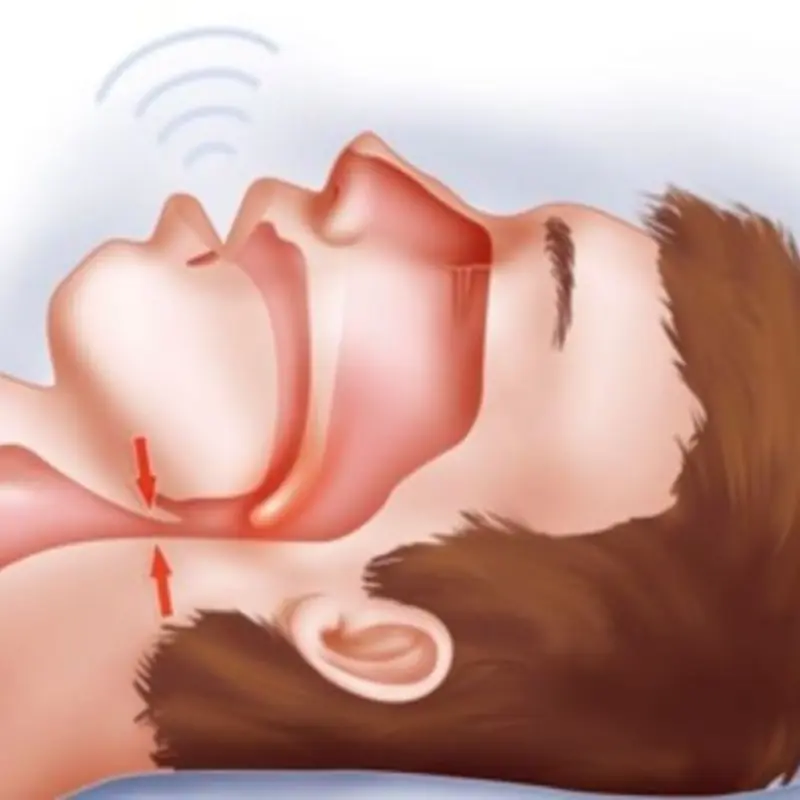
Frequent Drooling During Sleep? It Could Be a Sign of These Six Health Issues
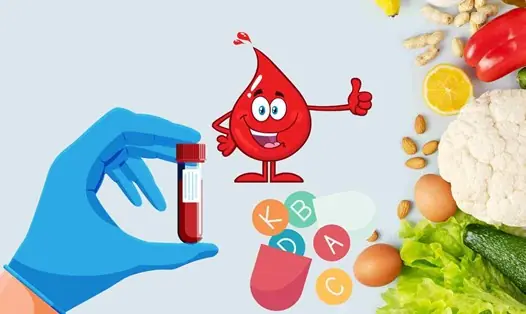
5 Natural Bloo.d Cleansing Drinks to Detoxify and Boost Circulation

Doctors warn: three distinct hand signs may indicate li.ver failure. If you notice any of them, don’t delay seeing a doctor.

Is Broccoli Better Than Cauliflower? The Real Truth About Cancer Risk, Heart Health and More

What Are Eye Floaters? Here What To Do If you Start Seeing Them, According to an Eye Doctor
News Post

Warning: If You Notice This Sign in Your Body, Go to the Hospital Immediately or It May Be Late-Stage Nasoph.aryngeal Can.cer

What Does It Mean When Someone Who Has Pas:sed Away Appears In Your Dream

One Egg a Week, 47% Lower Alzheimer’s Risk

If you drool while sleeping, it is a sign that your brain…

Why Do Some Windows Have "Belly Bars"?

The surprising truth about eating eggs every day

Japan Just Hit 100,000 Citizens Over 100-Years-Old — Their Longevity Secret Isn’t What You’d Think

Experts Are Shedding Light on the ‘De.ath Rattle’ Phenomenon Before Passing

Here’s Why You Should Leave a Coin in the Freezer Before Leaving the House

Identical twin sisters give birth to sons on same day at the same hospital

These 5 Foods Are Diabetes Enemies — Sadly, Many People Are Unaware

Snake Plant – Feng Shui Symbol or Silent Trap? 4 Reasons to Think Twice

Group A Vegetables Linked to Can.cer Experts Warn to Stop Eating Them Immediately

“The Poor Shouldn’t Buy a House on the 2nd Floor, and the Rich Shouldn’t Live on the 18th”

New research on so.lid tu.mor kil.ling method, successful in mice, awaiting clinical trials

Take Charge of Your Health – Exercise Your Way to a Can.cer-Free Future!
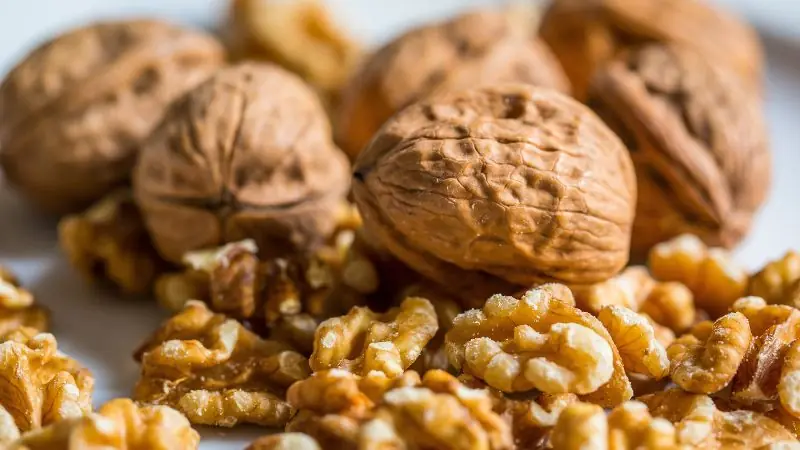
Discover the Secret Omega-3 Nut That Can Naturally Lower Bloo.d Lipids & Improve Heart Health

The Power of Walnuts: A Superfood for Kid.ney Health and Brain Function
